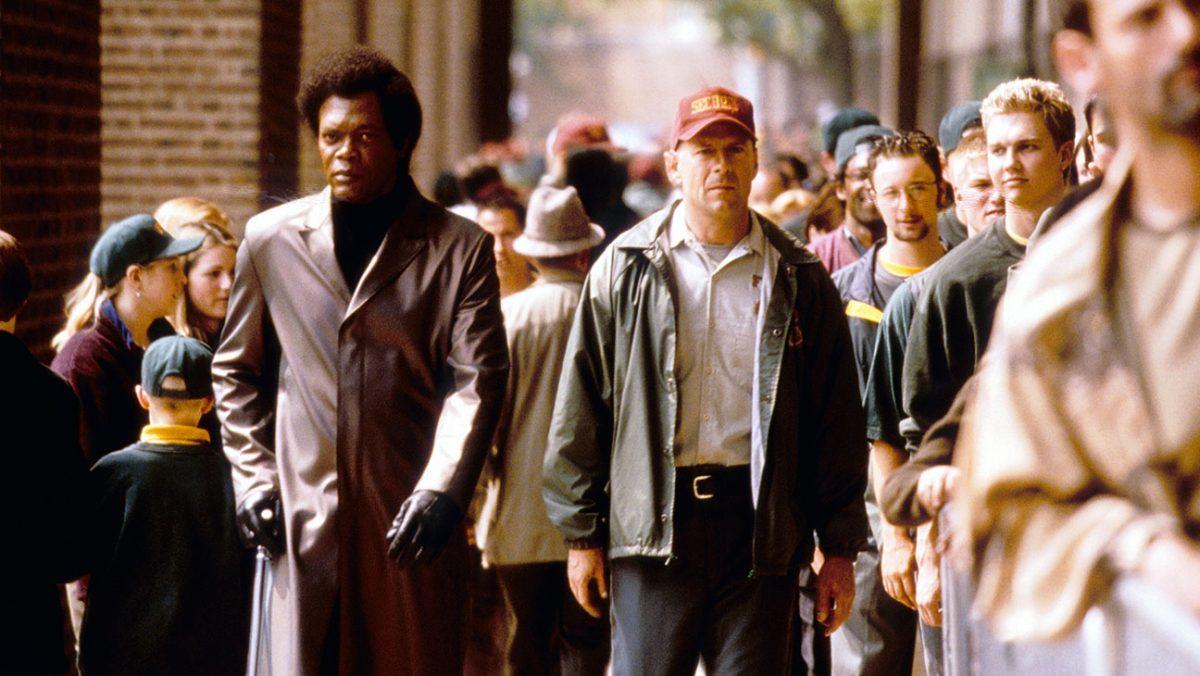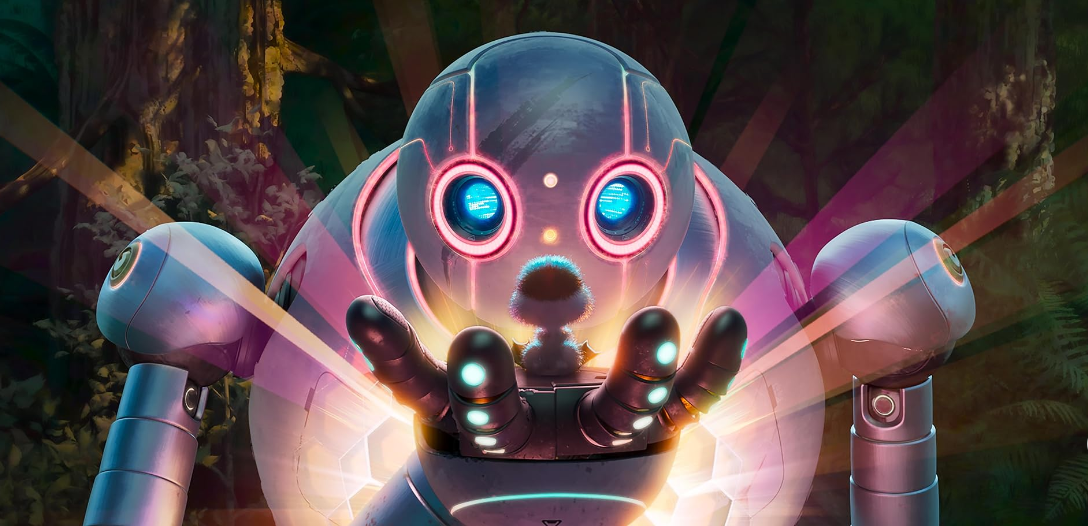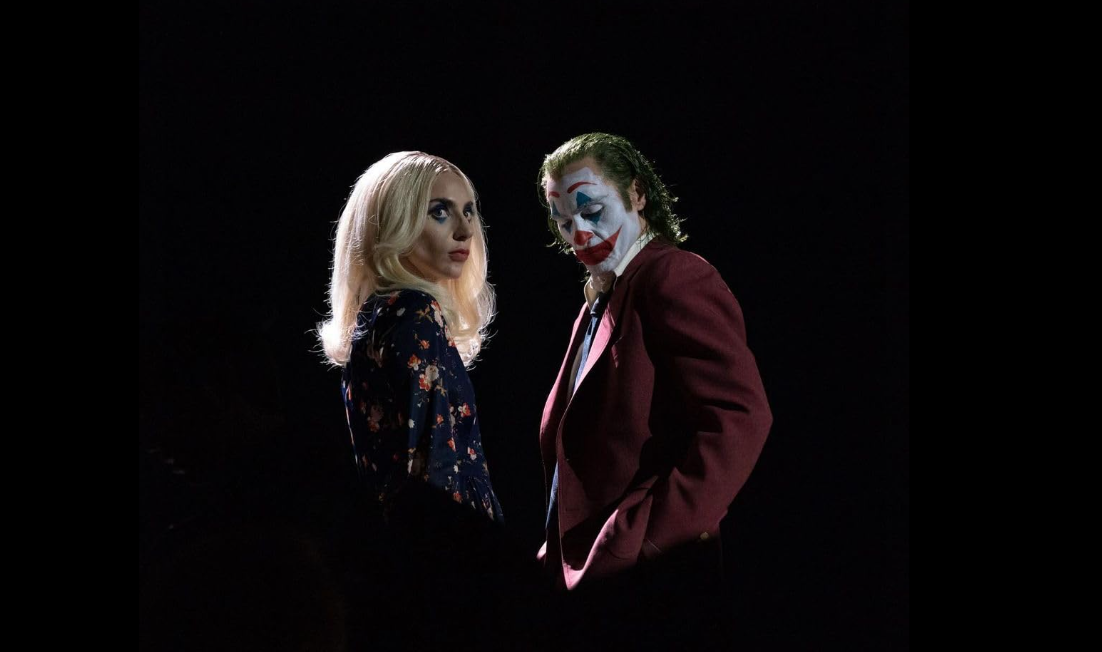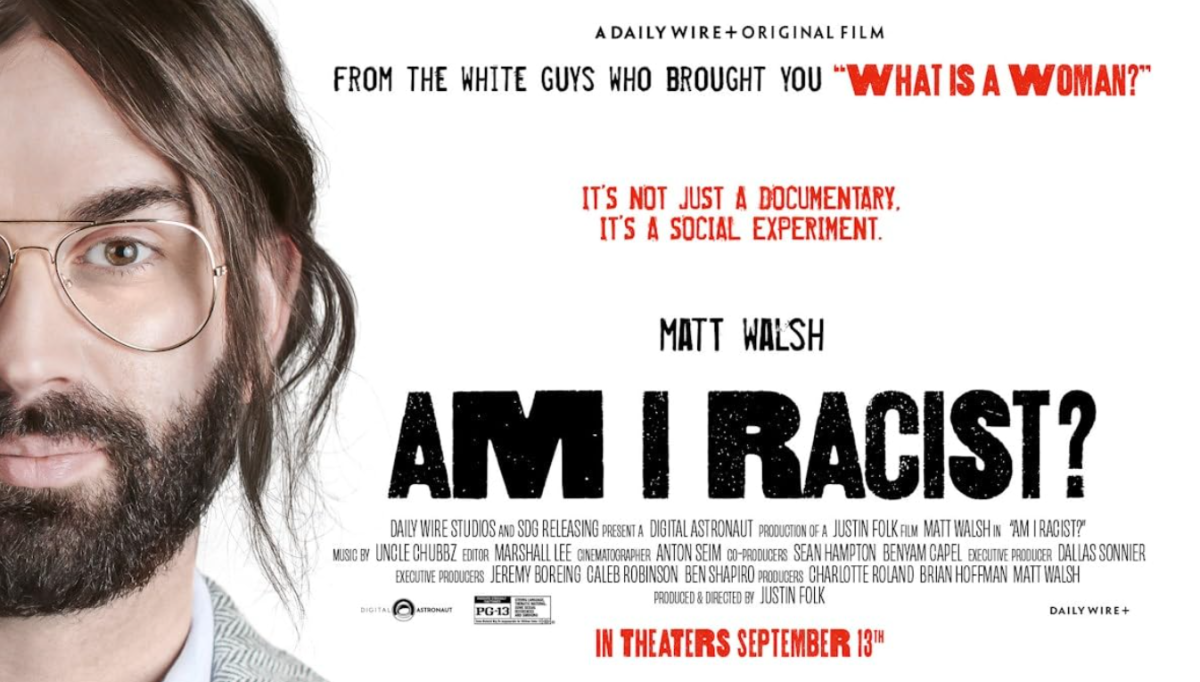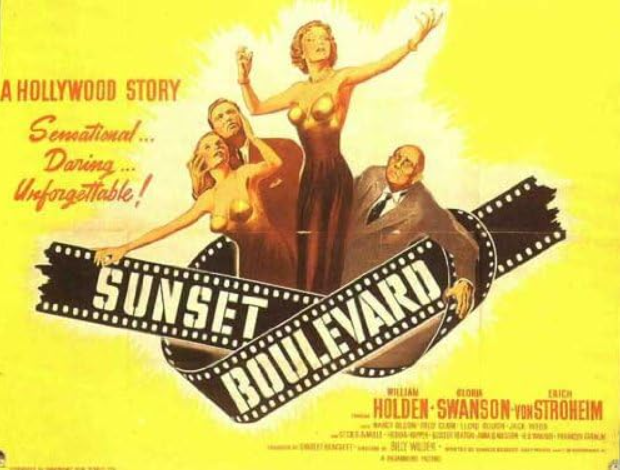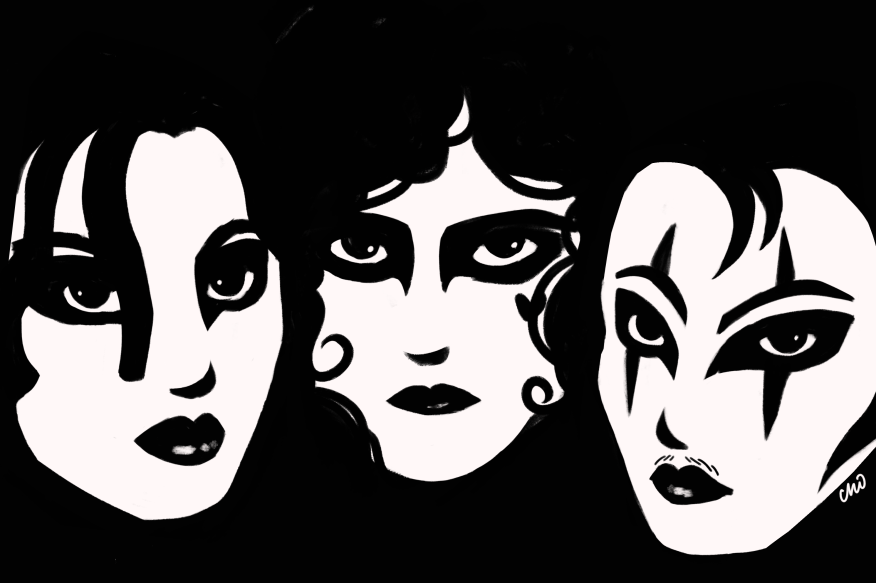This November marks 20 years since writer and director M. Night Shyamalan released his hit film “Unbreakable.” As with any anniversary, it’s worth reflecting on how the film has withstood the test of time and where it stands now.
In today’s world, the superhero genre has come to dominate the entertainment industry, led by Marvel Studios. While these movies are fun to watch, the sheer quantity has led to a repetition of content, with each new film featuring much of the same story as its predecessors, only with different special effects. In this day of giant heroes and massive battles, “Unbreakable” uses a power that none of the others do: the power of subtlety.
Were “Unbreakable” to be described with just one word, it would be “hush.” Not every aspect of the film is quiet, but the film carries with it an air of gravitas that makes one not even want to breathe for fear of disturbing it. While on the surface David Dunn is searching for the answer to why he alone survived the derailment of his train, his real question is about the nature of his identity. He wants to know who he is as a man who is miraculously able to walk away from a trainwreck without a single scratch. His search takes him to Elijah Price, the strange comic book connoisseur, who in the stillness of his art gallery tells David that he might be a superhero. The silence of the film raises question after question as David listens to Elijah’s theories, asks his wife if he’s ever been sick and realizes with his son he is far stronger than he should be.
The artistic form of “Unbreakable” lends itself to the film’s air of mystery. Camera movement is minimal, and tends to feature the characters centrally on-screen. The audience is then enabled to give its full attention to the characters as they react to the story. Regarding music, there is no grand, epic score. Instead, the music is gentle and quiet, but not relaxing. It is secretive, shadowy and questioning. It reveals no more than is already known. Twice it differs. Once is when David is fighting the Orange Man at the film’s end. The music here is more hopeful, appropriately victorious as David overcomes his foe, but still on the down low. The second is whenever the iconic theme of the movie is played. It is secretive and shadowy, but with an aspect of confidence. Through this, we know David better. He’s not a superhero who flies around in a bright costume and fights for all the world to see, but an urban hero who walks the dark streets as everyone else does, silently on guard.
It is because this subtlety of form, this hush, exists that the audience is able to attune its ears to the film’s message. David is searching for who he is. Elijah is searching for his place in the world. The pandemic of 2020 has left everyone reeling, upending life and leaving everyone to figure out where each of them stands now: what their place is, how they will move forward and if they can. It’s scary, but Elijah says that’s okay: “Real life doesn’t fit into little boxes that were drawn for it.” As the characters in stories show us though, we are capable of moving forward into this new world.
“Unbreakable” brings to the table a quiet but unyielding presence that, were it made today, would likely get lost in the cacophony that is the superhero phenomenon. It is a gift that it was made in a different time. As people search for meaning and direction in the now, they can look back to a hero who has gone before them to learn how to walk in a new world.
20 years later, “Unbreakable” still stands strong
November 4, 2020
0
Donate to The Battalion
Your donation will support the student journalists of Texas A&M University - College Station. Your contribution will allow us to purchase equipment and cover our annual website hosting costs.
More to Discover



